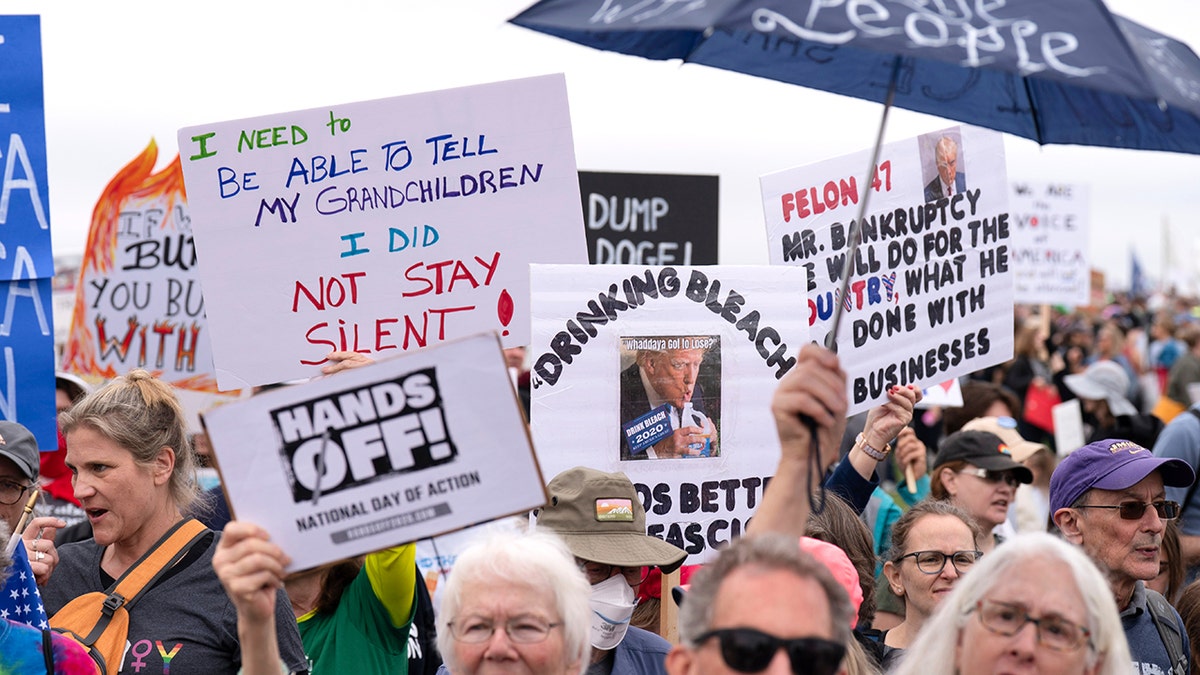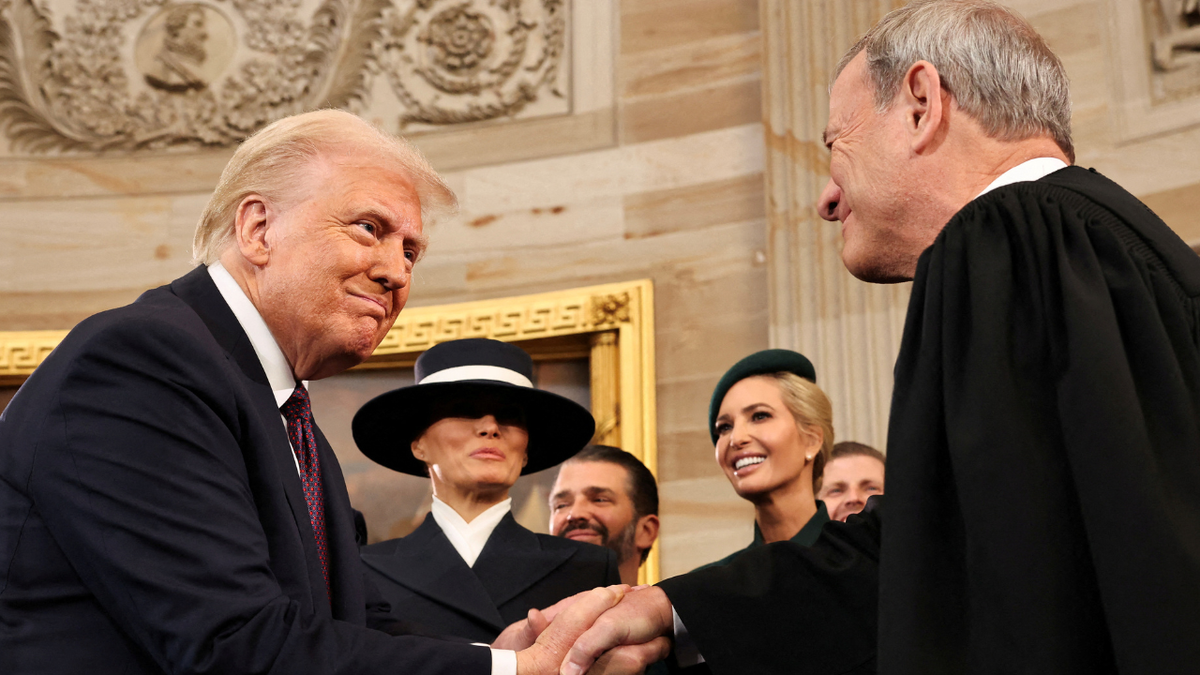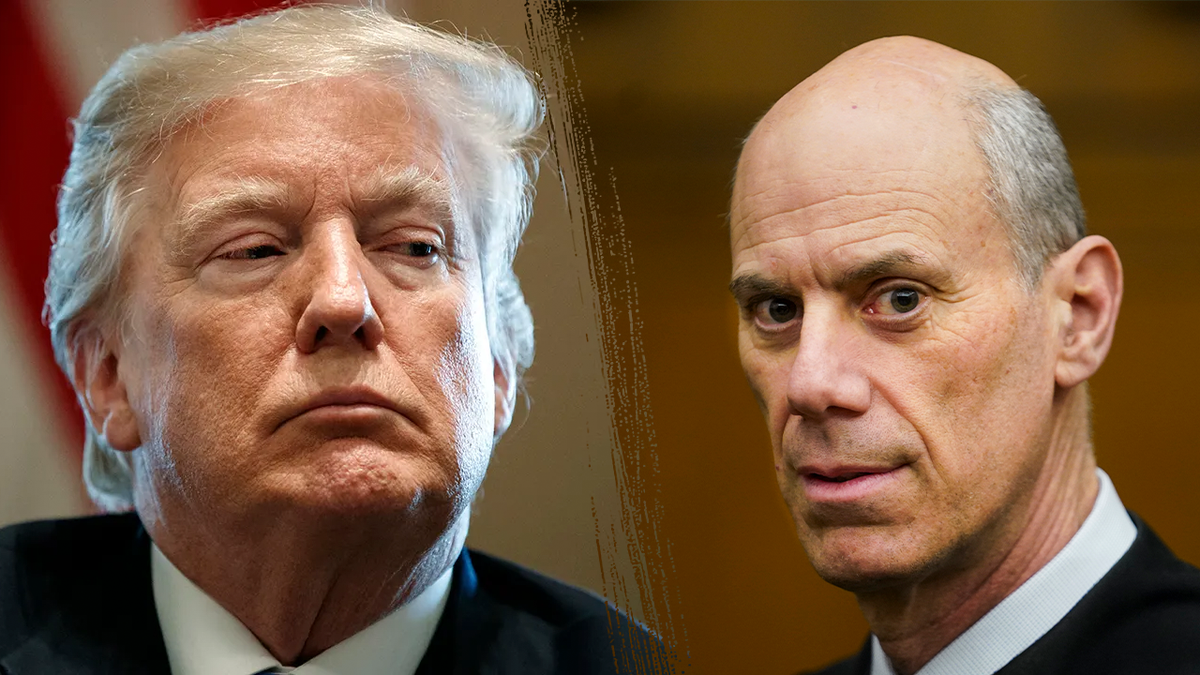Supreme Court hears challenge to Trump’s birthright citizenship order in major case
The Supreme Court will hear oral arguments Thursday on a challenge to President Donald Trump’s effort to end birthright citizenship, and crucially, whether lower courts that have blocked Trump’s policies from taking force nationwide have acted beyond their authority.
Any decision from the 6–3 conservative majority could have sweeping implications for Trump’s presidency as his lawyers spar against an onslaught of lawsuits in federal courts nationwide.
The Supreme Court arguments are expected to focus on lower court judges in Maryland, Massachusetts and Washington state who issued “universal” injunctions against Trump’s birthright citizenship executive order earlier this year.
The Trump administration asked the Supreme Court in March to intervene and limit the scope of three lower court rulings to cover only individuals directly impacted by the relevant courts (or potentially, the 22 states that challenged Trump’s executive order). But that’s unlikely to be the primary theme at the center of Thursday’s high-profile debate.
100 DAYS OF INJUNCTIONS, TRIALS AND ‘TEFLON DON’: TRUMP SECOND TERM MEETS ITS BIGGEST TESTS IN COURT

Rather, justices are expected to use the oral arguments to weigh the authority of lower courts to issue nationwide, or “universal” injunctions blocking presidential policies — teeing up a high-stakes showdown that pits Trump’s Article II powers against Article III courts.
The hearing comes as Trump and his allies have railed against so-called “activist” judges, whom they have accused of overstepping their powers and acting politically to block Trump’s policies. The president even suggested that a federal judge in Washington, D.C., be impeached for his ruling earlier this year, which prompted a rare public rebuke from Chief Justice John Roberts.
‘ACTIVIST’ JUDGES KEEP TRYING TO CURB TRUMP’S AGENDA — HERE’S HOW HE COULD PUSH BACK

Trump has signed more than 150 executive orders in his second term, inviting a seemingly unrelenting wave of challenges in court. Many of these orders have been blocked by federal judges across the country, who have restricted Trump’s use of a 1798 wartime immigration law to deport certain migrants, ordered the administration to reinstate certain government personnel and sought to impose limits on Elon Musk’s government efficiency organization, DOGE, among other orders.
While Trump allies accuse these judges of political bias and overreach, others critical of the administration say the courts have not gone far enough to rein in Trump’s attempts to expand the executive branch’s powers.
“The second Trump administration has taken the guardrails off of the norms that historically governed the rule of law, and is undertaking steps to enhance the perceived power of the executive branch to the detriment of the two other co-equal branches,” Mark Zaid, a D.C.-based attorney who has sued Trump in several high-profile cases, told Fox News Digitial in an interview to mark his first 100 days in office.
FEDERAL JUDGES IN NEW YORK AND TEXAS BLOCK TRUMP DEPORTATIONS AFTER SCOTUS RULING

Justices on the Supreme Court will consider a trio of consolidated cases involving nationwide injunctions handed down by federal judges in Maryland, Massachusetts and Washington state that blocked Trump’s ban on birthright citizenship from taking force.
But the policy remains widely unpopular. More than 22 U.S. states and immigrants’ rights groups have sued the Trump administration to block the change to birthright citizenship, arguing in court filings that the executive order is both unconstitutional and “unprecedented.”
And to date, no court has sided with the Trump administration’s executive order seeking to ban birthright citizenship, though multiple district courts have blocked it from taking effect.
